Our production of La Voix humaine made it into the Music Town 2017 Festival programme. Our performance took place on April 8, 2017 at 20:00 in the Lutherhaus (St, Finian’s Church, 23, Adelaide Road, Dublin), in an evening named ‘La Voix humaine and Other Voices’.

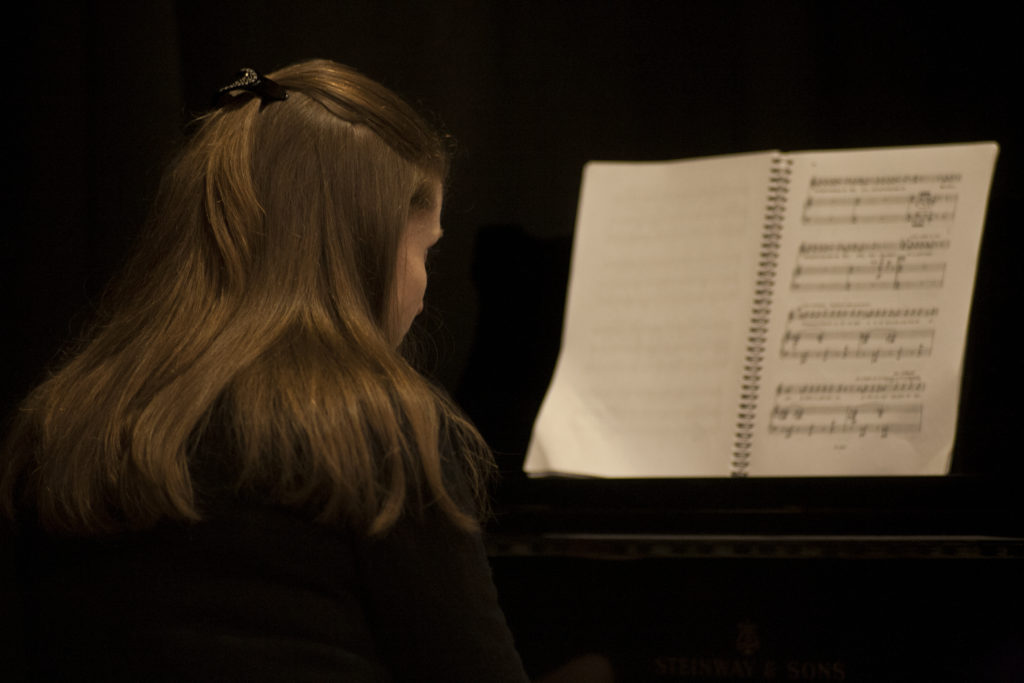
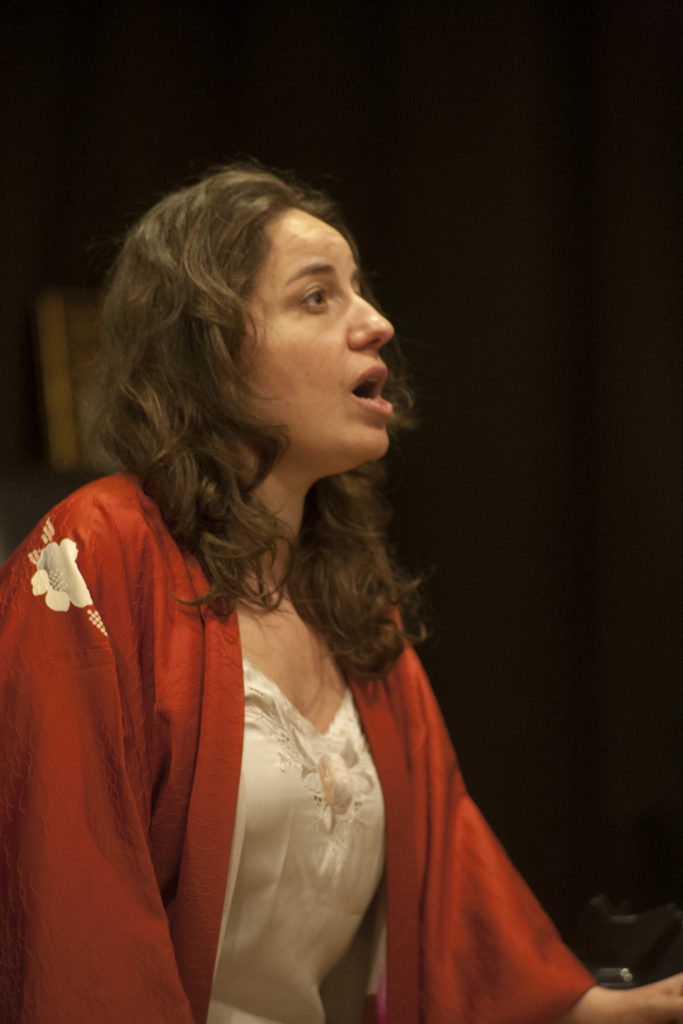
The production was part of my artistic research project ‘En-Gendering Monodrama’, currently hosted at Maynooth University and supported by the Irish Research Council. Our production of La Voix humaine, for soprano, piano (Aileen Cahill) and digital sets (Shane Byrne) inflects the En-Gendering Monodrama pun quite literally, contextualizing female sensibilities across visual arts and music throughout the twentieth-century, as imagined by Cocteau and Poulenc and embodied by their first muse Denise Duval. In particular, this production stems from musicological research led on primary sources and exploring contemporaneous performance traditions. It especially strove to be a humble homage to its recently deceased first interpreter Denise Duval, whose contribution to the piece was crucial to its moulding both at the compositional and performative stage.
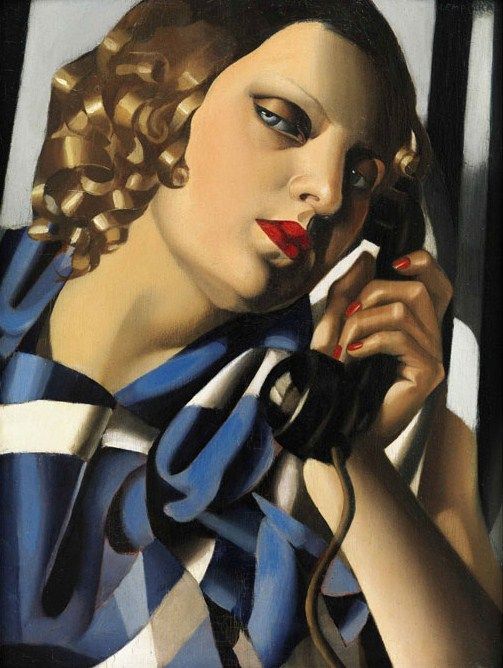
In La Voix humaine, a human tragedy is consumed through a mechanical intruder: the telephone, a correlative objective that played a significant role in the original Jean Cocteau play to which Poulenc set his tragédie lyrique en an acte.
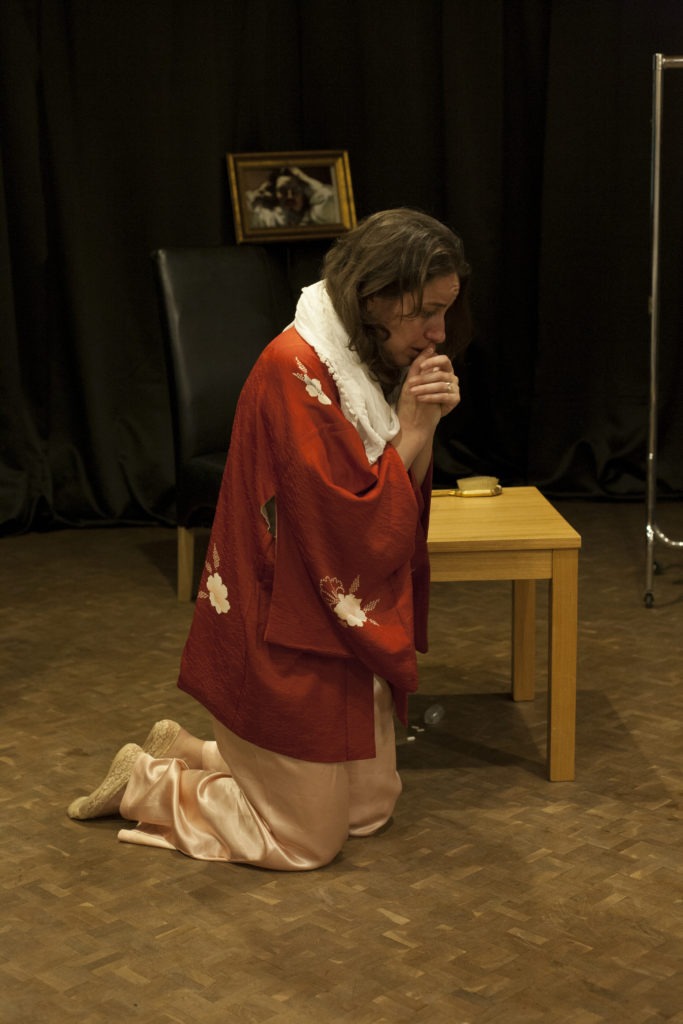
A young woman is having a telephone conversation with her lover of five years. He has abandoned her and this is the last time they will speak to each other. ‘She’ (Elle) is still desperately in love with him. As Elle’s monologue unfolds, more characters come progressively to populate the imaginary scene we construct through her broken lines and silences. In addition to her former lover at the other end of the line, we picture the presence of the other woman at his side, as we gradually become aware that he is lying about his whereabouts.
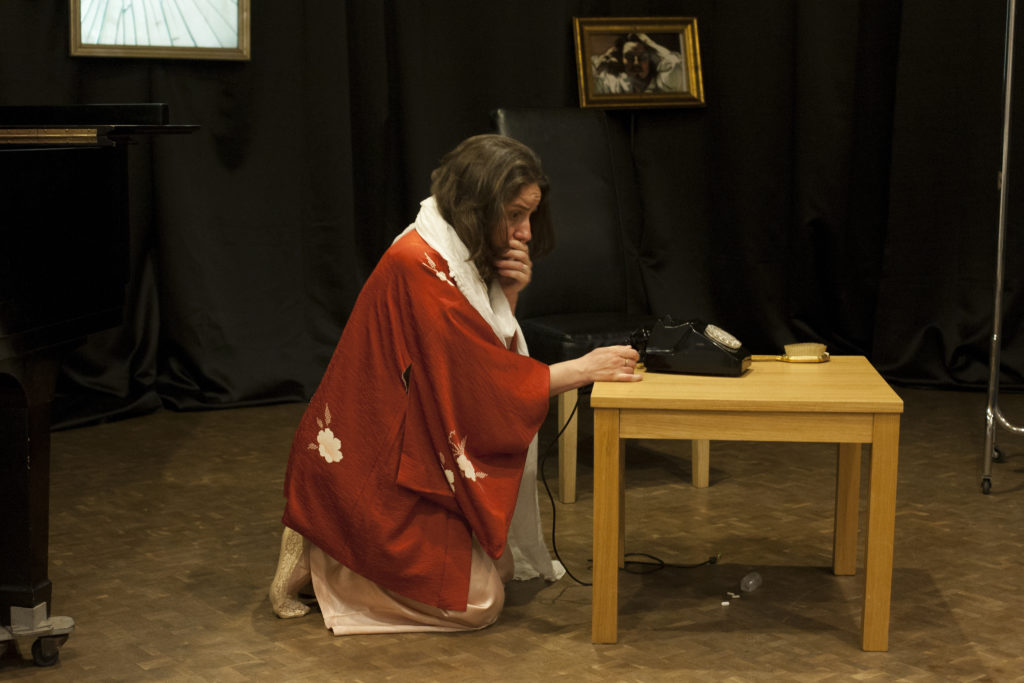
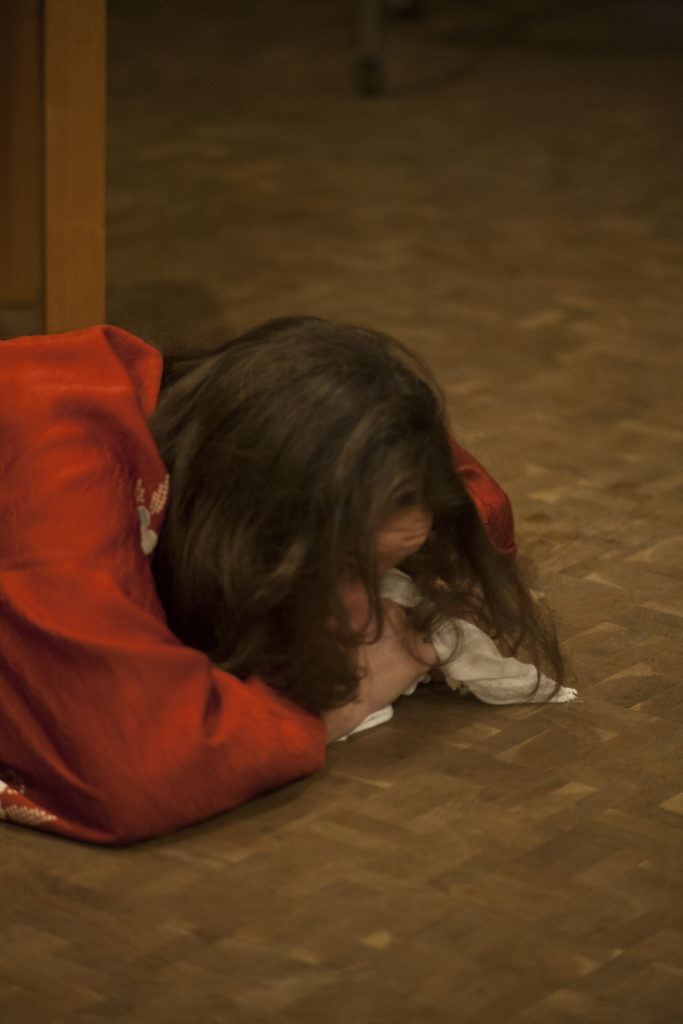
Poulenc’s letters are testimonies to his creative process and close collaboration with Cocteau at the time of the composition. In addition to the lengthy staging directions assigned by Cocteau to the play, Poulenc added a few lines advising the performer on aspects of musical interpretation, advocating her freedom in choosing tempi and dramatic silences.
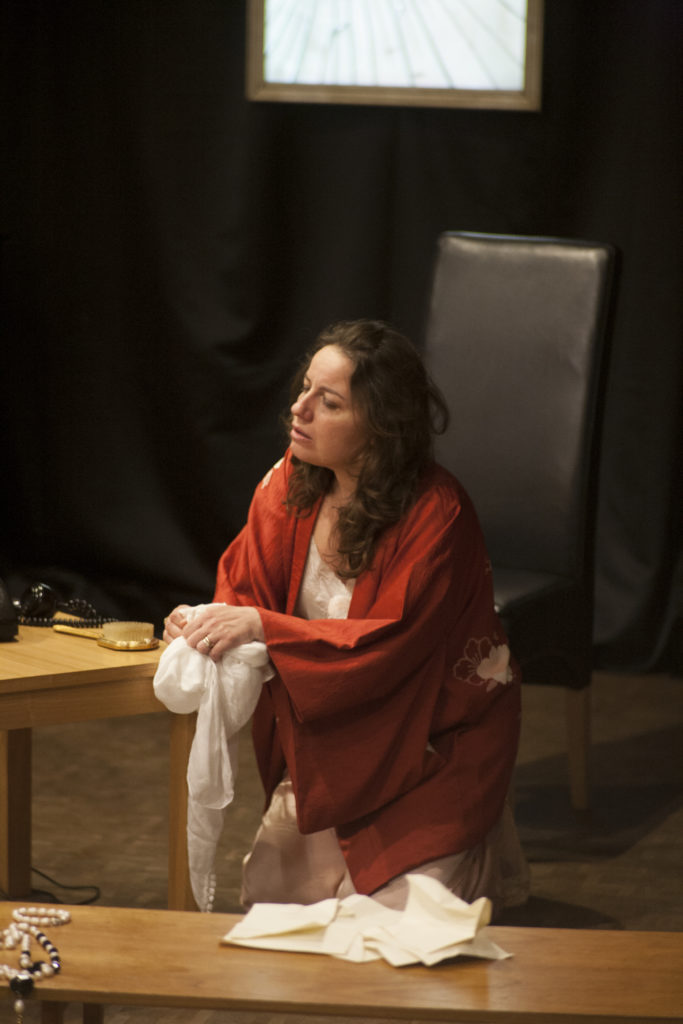
Cocteau directed the mise en scène of the musical monodrama, which was created by Denise Duval at the Opéra-Comique in Paris and subsequently sung at La Piccola Scala in Milan in 1959. The opera was a huge success. The critics unanimously attributed to the collaborative relationship between the composer and his interpreter, Denise Duval, who influenced the writing of the vocal line and the performance tradition of the piece.
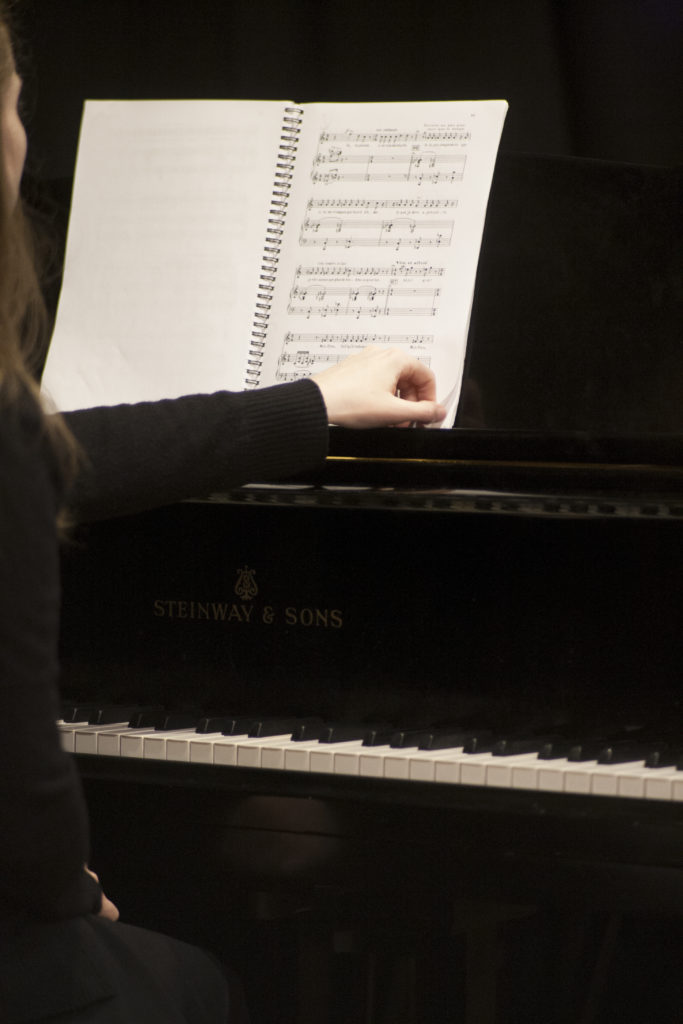
The “Other Voices”
The Cabaret Songs (1937-9) were composed by Britten to Auden’s texts between 1937 and 1937. They are only four of an undefined number of settings by the same style still waiting to be discovered. Although the score does not carry any formal dedication, they were the result of Britten’s collaboration with singer Hedli Anderson (1907-1990). Our light-hearted send-off is entrusted to a few songs by Porter and Gershwin, all recreating the atmospheres of 1930’s American musical theatre and film.”
© Dr Francesca Placanica
PHOTOS BY BRIAN TEELING: http://www.brianteeling.com/
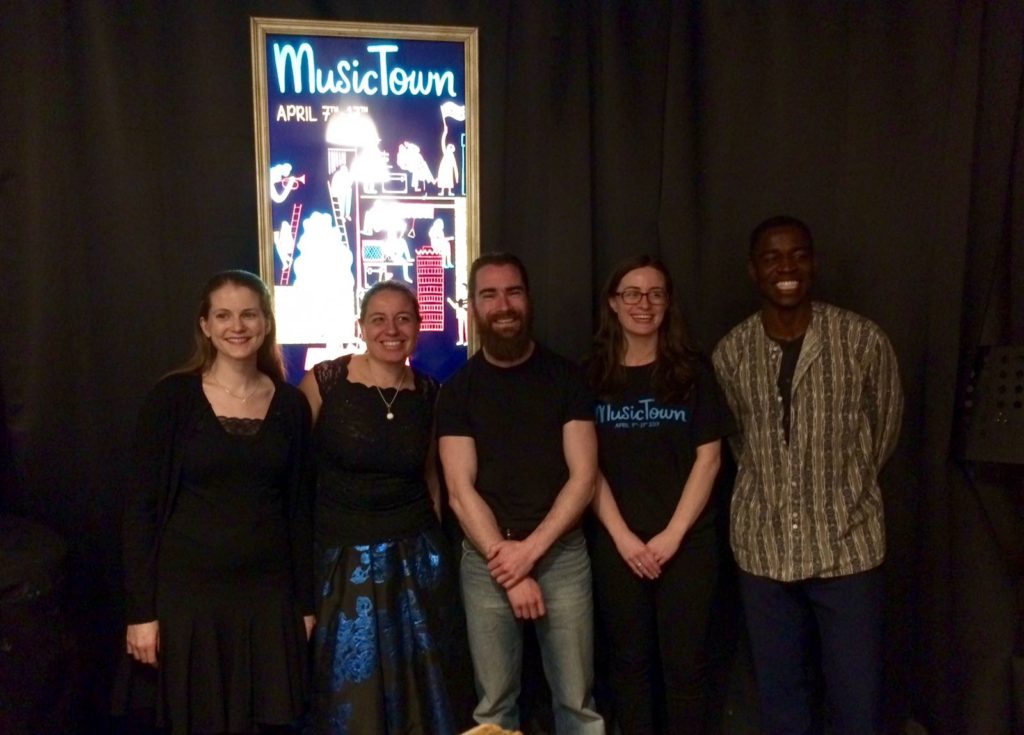


Comments